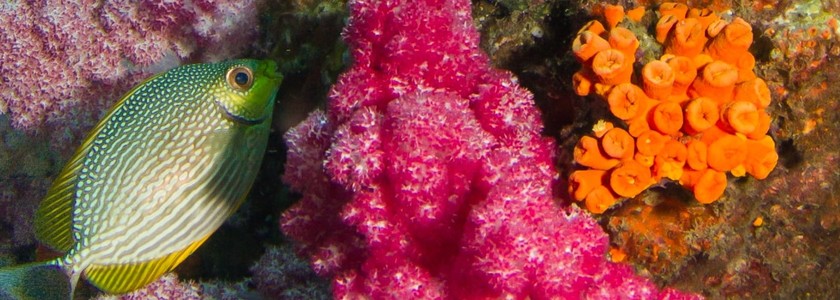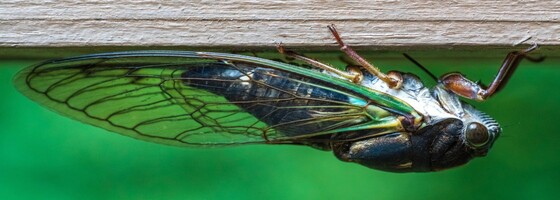

Wildlife Wednesdays: Neon Coral
As the climate changes, rising ocean temperatures are a problem. This has led to some corals to bleach. When coral bleaching occurs, they lose the beneficial algae that are deep within their cells. Algae helps to feed the corals which give them their beautiful colors. So when that algae is lost, coral becomes white and may struggle to survive. Recently, studies have found some coral that has turned from white to amazing bright colors! It is not known exactly why this occurs, but there are a few possible ideas.
New studies done on these corals determined that these bright colors "may be part of a response that can help the corals recover from bleaching and reunite with their algae partners," the article mentions. Elena Bollati, a marine biologist at the National University of Singapore, and her colleges who is working on the study said "certain wavelengths of light appear to trigger an uptick in a corals production of pigments, which acts as a sunscreen to create a more hospitable home for the returning algae." Her work can be found in Current Biology back on May 21. The research goes onto mention that these corals are trying to protect themselves.
The survey done from 2010-2019 on bleached algae, which have turned into neon colors, corresponds with mild heat stress. The heat stress is "caused by a long spell of warmer waters or a brief temperature spike." according to Bollati. She goes onto mention the colors appear 2-3 weeks after a the "heat stress event." The study mentioned that coral who have lost their algae, have an increased exposure to blue light that may play a role in causing for neon colored algae. Healthy coral that has not gone through bleaching rely on algae's pigments to absorb sunlight. So in conclusion "Without algae, more light can enter and bounce around inside the coral's skeleton structure. That added reflection boosts the exposure of the coral's living tissue to light. The study also noticed that neon color areas on coral regained their algae quicker than other areas with less pigment.
Corals “have this capacity to fight back,” says University of Southampton marine biologist Jörg Wiedenmann, who was part of the research team. “They are by no means doomed” after one bleaching event. He warns their long-term survival depends on climate change and humans can help fight this.






